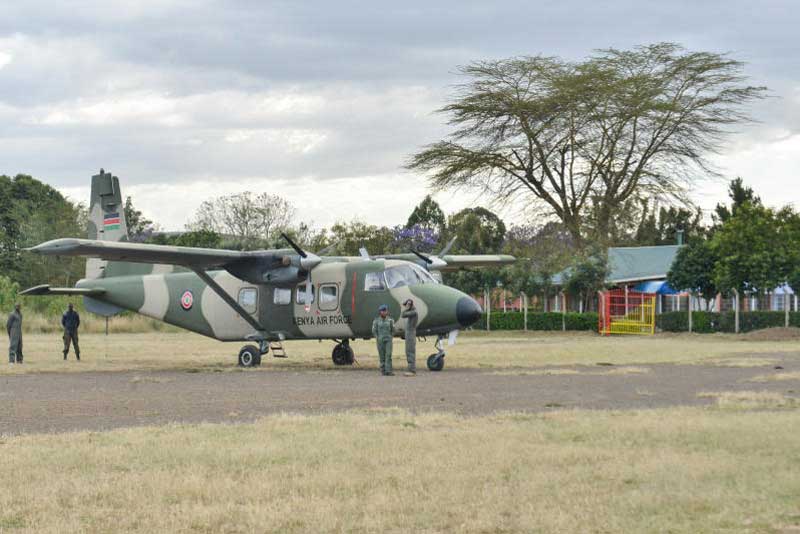×
The Standard e-Paper
Kenya’s Boldest Voice

The price of land has nearly doubled around an airstrip set to be upgraded to international status in Nakuru town.
News of the upgrading of the Lanet Airstrip to become an international airport at a cost of Sh3 billion emerged last year.